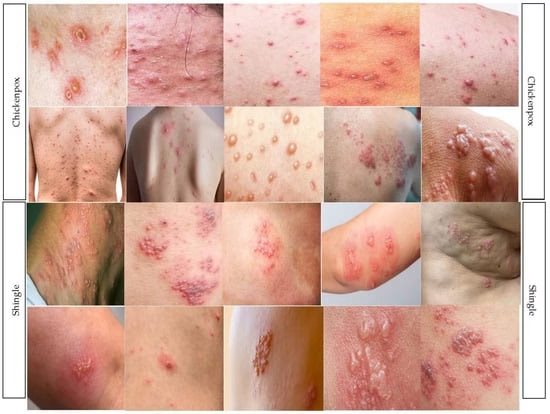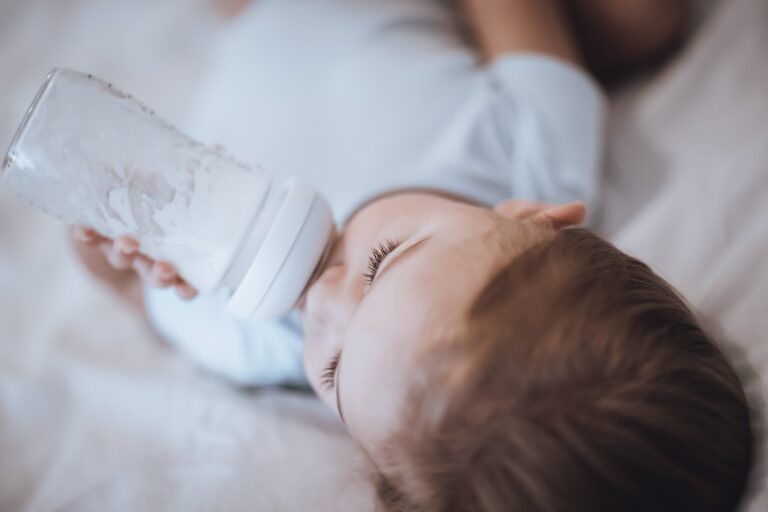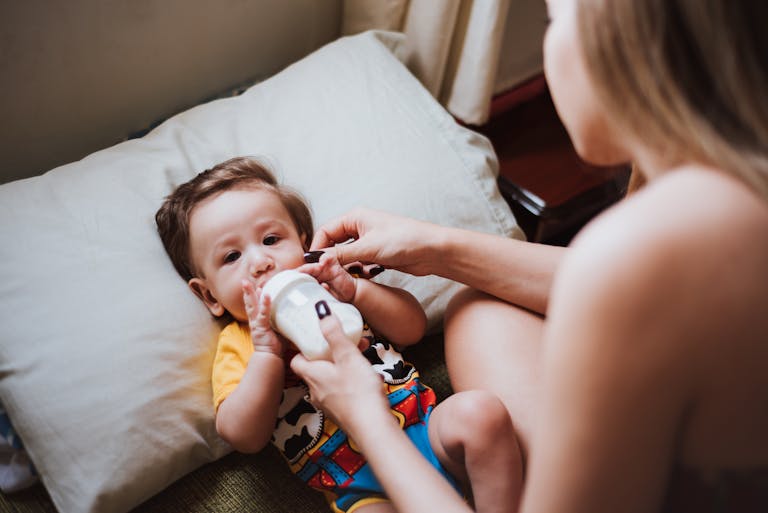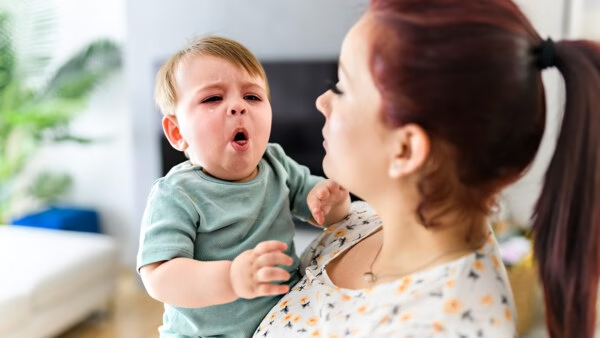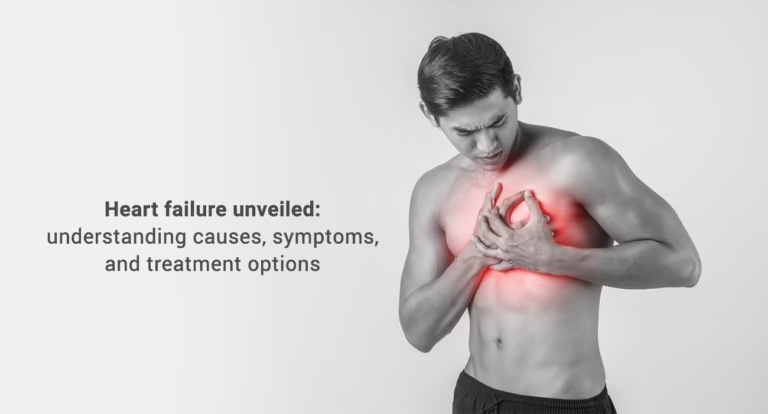Can Infants Get Chickenpox from Shingles? Vital Insights
Yes, infants can get chickenpox from someone with shingles. Shingles can transmit the varicella-zoster virus to those not immune.
Understanding how infectious diseases affect infants is crucial for protecting their health. Chickenpox, once a common childhood illness, can pose risks to infants, especially those who haven’t yet been vaccinated or have not developed full immunity. As for shingles, it is caused by the reactivation of the same virus responsible for chickenpox, the varicella-zoster virus.
The connection between the two conditions hinges on the transmissible nature of the virus, particularly in cases where an individual’s shingles rash comes into direct contact with others. Parents and caregivers often wonder about the susceptibility of their young children to chickenpox, especially when in close proximity to someone experiencing a shingles outbreak.
Chickenpox And Shingles: The Connection
Chickenpox and shingles are caused by the same virus, Varicella-Zoster. After a person recovers from chickenpox, the virus stays dormant in the body. Later in life, it can reactivate as shingles. Infants can catch chickenpox if they come into contact with a shingles rash. Direct contact with the rash or blisters can lead to transmission.
To prevent spreading, cover the rash and practice good hygiene. Shingles activation can be due to stress, a weakened immune system, or age. It is crucial to protect young infants, especially if they haven’t received their chickenpox vaccination.
Immune system weakens or under stress, the virus might reactivate. This can happen even years after the initial chickenpox infection.
| Trigger | Implication |
|---|---|
| Physical or emotional stress | Can weaken the immune system |
| Immunodeficiency | The virus may reactivate |
| Age | Elderly more likely to develop shingles |
How Shingles Spreads
Shingles can spread from person to person. Contact with blister fluid from shingles is one way. Babies may get chickenpox if they touch this fluid. Direct touch is not the only risk. The virus also spreads through sneezing and coughing shingles.
The most risky time is when shingles blisters show. Once shingles crusts over, it’s less risky but still possible to spread. Keep infants safe by avoiding close contact with babies during this time.
Infants’ Risk Of Catching Chickenpox
Infants can catch chickenpox if they come into contact with a person with shingles. The varicella-zoster virus causes both diseases. Shingles is the reactivation of the chickenpox virus in people who already had it.
Infants may have some protection due to passive immunity. This immunity is passed from the mother if she is immune to chickenpox. Yet, this protection is not full-proof, and infants can still get chickenpox if exposed.
| Age Group | Risk Level | Passive Immunity Status |
|---|---|---|
| 0-6 Months | Higher Risk | May have antibodies from mother |
| 6 Months+ | Varies | Waning passive immunity |
Direct skin contact with shingles blisters should be avoided. Even touching clothes or surfaces with virus particles can lead to transmission of chickenpox to infants.
Preventive Measures
Infants can indeed contract chickenpox after exposure to an individual with shingles. Preventive measures include ensuring the infected person covers their rash and practices meticulous hygiene to avoid transmission of the varicella-zoster virus.
Vaccination For Chickenpox
Getting vaccinated is key to prevent chickenpox in children and adults. Infants can receive the varicella vaccine typically after their first birthday. This immunization helps in protecting them against chickenpox, which can be caught from persons with shingles.
Protecting Newborns And Pregnant Women
Newborns should be shielded from infected individuals. Pregnant women need to avoid any contact with those showing shingles symptoms. It is essential, as chickenpox can cause severe complications for the unborn baby. All caregivers and family members should ensure they are up to date with vaccinations.
Managing Shingles Exposure
Parents and caregivers should understand shingles exposure risks. If someone has shingles, they can pass the varicella-zoster virus to anyone not immune to chickenpox. This includes infants. To ensure safe interactions:
- Keep the rash covered around babies.
- Wash hands thoroughly with soap.
- Avoid touching the shingles rash before handling an infant.
Be aware of symptoms in your child. This includes rash, fever, and fatigue. Contact a doctor if any sign appears. It might indicate chickenpox especially after shingles exposure.
Complications Of Chickenpox In Infants
Chickenpox in infants can be severe. It might cause rash, itching, and fever. The symptoms can be intense and need close watch. Babies may cry more and have trouble sleeping.
Long-term effects are rare but serious. It includes scarring, infections, and pneumonia. Some infants might develop complications like encephalitis. Good care is crucial to prevent these issues. Keep infants away from shingles to protect them.
Legal And Public Health Considerations
Vaccination mandates play a key role in public health. They ensure that children receive shots to prevent diseases like chickenpox. This is vital since infants can get chickenpox from shingles. By law, most schools require vaccination records for enrollment. This helps keep everyone safe.
Outbreaks must be reported to health authorities immediately. Steps are taken to contain them fast. This includes finding and isolating cases, and sometimes giving emergency vaccines to others.
Frequently Asked Questions For Can Infants Get Chickenpox From Shingles
Can A Child Get Chickenpox If Exposed To Shingles?
Yes, a child can get chickenpox if they come into direct contact with a shingles rash in an unvaccinated or never-infected individual.
Can A Person With Shingles Be Around A Baby?
A person with shingles should avoid contact with a baby until all blisters have crusted over.
Can I Get Shingles If My Baby Has Chickenpox?
Yes, you can develop shingles if exposed to the chickenpox virus again, but not directly from your baby’s chickenpox.
Conclusion
Understanding the risk of chickenpox transmission to infants from shingles is critical for parents and caregivers. It’s important to recognize that while shingles itself is not passed on, the virus can cause chickenpox in those not immune. Safeguarding infant health means keeping them away from active shingles infections.
Remember, consulting a healthcare provider for personalized advice is always best. Maintain vigilance and ensure protection against this preventable concern.
